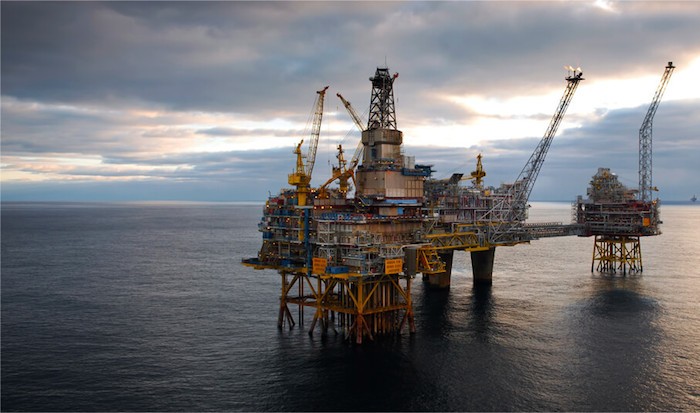Fueling Confusion: Unraveling the Complex Web of Petroleum Subsidies, Deregulation, and the Future of Nigeria’s Oil and Gas Industry
In a bit, oil and gas industry regulators would start chasing gas station owners and attendants around for not selling Petrol at a regulated price.
What I have seen and read in the media about fuel subsidies and petrol price increases seems like they are oozing from the tower of Babbel’s multidimensional tongues by influential oil and gas experts.
Indeed, only one or two of the opinions would be correct. Yes! Not all! What Nigerians need to help them plan and manage their smaller economies is truth, transparency and and accountability, and the government owes them that.
Please check out the following statements and decide what is true and where we are headed.
1. President Bola A. Tinubu, GCFR, during his inauguration on May 29, 2023, said, “Fuel Subsidy was gone.”
2. The CEO of Financial Derivatives Company, who is versed and a financial expert on Channels Television, said on December 31, 2023, petroleum subsidy was “reduced and not removed.”
3. Some groups within the Independent Petroleum Marketers Association of Nigeria (IPMAN) think that petroleum subsidies exist and are rising.
They have tested the waters with the bandying of N1,200 as the actual cost for petrol/liter. They hinged their arguments on the crash of the naira against the dollar, which is almost at N988/dollar, and the rising crude price. With this situation, they said they have left the turf of importation to the NNPCL.
4. The NNPCL thinks that the Federal Government no longer pays subsidies on petrol, and the NNPCL recovers the total cost of importation from imported products. This means that when it imports and sells to marketers, it recovers its costs and still gives room for marketers to have a margin of gain and still cover logistics costs before it hits the market.
I am bothered at the doublespeak because we play internationally, and investors watch how we implement our policies. Someone must come clean and tell Nigerians about the real meat of implementing the Federal Government’s deregulated oil and gas policy. Some of the questions agitating my mind include but not limited to:
Are petroleum marketers relying on the NNPCL for supplies, or do they import petrol independently outside the NNPCL?
Is it true that the landing cost of petrol is more than N720/liter? If yes, who is paying the differentials?
If petrol sells above N1,000, what would be the implications for Nigerians and the economy?
With the backroom shoving and pushing for a price increase, are we not expecting queues to return as only the mega business owners would be open?
My opinion and position are that irrespective of the different positions above, nothing will change as long as the dollar’s northward race is unchecked vs. the Naira’s southward slide.
Secondly, having disequilibrium between imported PMS supply and demand without a home-produced product would continuously subject Nigerians to the international price of petrol.
Thirdly, respite would only come when Dangote and the NNPC Limited refineries begin production and supplies simultaneously. Before then, it would seem that Nigerians might need to brace up for the worst. What do you think?
Grace and peace!!!




